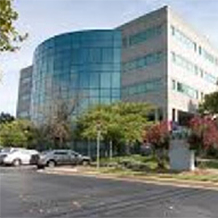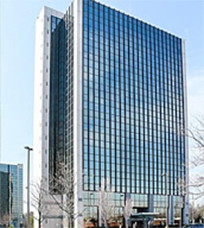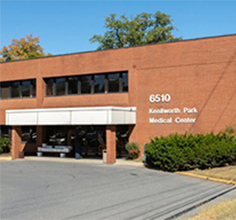
Chronic back pain is a common condition that affects millions of people every day. It can significantly hinder everyday life and reduce overall quality of life. Fortunately, there are various management and treatment options available to alleviate back pain and improve your well-being. In this brief article brought to you by Southern Maryland Medica Group, we will explore 10 effective strategies for managing chronic back pain.
Over-the-counter pain relievers, such as ibuprofen, can provide temporary relief. For more severe cases, your doctor may prescribe stronger medications, including muscle relaxants or opioids. It’s critical that you follow your primary care doctors exact instructions if prescribed stronger medications.
Applying heat or cold to the affected area can help alleviate pain. Heat relaxes muscles and increases blood flow, while cold reduces inflammation and numbs the area. Experiment with both to find which one works best for you.
Making simple lifestyle changes can have a significant impact on chronic back pain. Maintaining a healthy weight, practicing good posture, and avoiding activities that exacerbate your pain are crucial steps in managing your condition.
Professional massages can relax tense muscles and improve circulation, leading to pain relief. Regular massage sessions can be especially beneficial for individuals with chronic back pain.
Both yoga and Pilates emphasize core strength, flexibility, and posture, making them excellent choices for chronic back pain management. Practicing these disciplines can help improve spinal health and reduce discomfort.
Physical therapy is a cornerstone of chronic back pain management. Skilled therapists design tailored exercise programs to strengthen your back muscles, improve flexibility, and correct posture issues. Regular physical therapy sessions can be instrumental in correcting your posture and movement form, reducing pain, and preventing future flare-ups.
In severe cases when other treatments fail, surgery may be necessary. Procedures like discectomy, laminectomy, or spinal fusion can help correct structural issues in the spine and provide long-term relief.
Knowing when to see a primary care physician about chronic back pain is crucial for timely diagnosis and appropriate treatment. While not all back pain requires immediate medical attention, there are specific signs and symptoms that should prompt you to schedule an appointment with your primary care physician or a healthcare provider.
First, if your back pain is severe and debilitating, especially if it limits your daily activities, it's essential to seek medical attention promptly. Severe pain can be indicative of an underlying issue that needs immediate attention.
Moreover, if your back pain persists for more than a few weeks, it may be considered chronic. Acute back pain often resolves on its own within a few days or weeks, but chronic pain requires medical evaluation.
Finally, if back pain radiates down your legs or into other parts of your body, or if you experience numbness, tingling, or weakness in your extremities, your symptoms should be evaluated by a medical professional. Residents in the area can call Southern Maryland Medical Group to schedule an appointment with a licensed physician.
Southern Maryland Medical Group has 3 convenient locations to provide professional medical care services in the Southern Maryland area. Call or schedule an appointment with one of our locations to get medical care help.

5801 Allentown Road, Suite 400 Camp Spring, MD 20746
Phone: 301-868- 0150
Billing Inquiries: 301-552-1270
Fax: 301-868-0243

7500 Greenway Center, Dr #1200 Greenbelt, MD 20770
Phone: 301-486-7580
Billing Inquiries: 301-552-1270
Fax: 301-486-7581

6510 Kenilworth Ave, Ste 1400, Riverdale MD 20737
Phone: 301-618-0771
Billing Inquiries: 301-552-1270
Fax: 301-618-0772